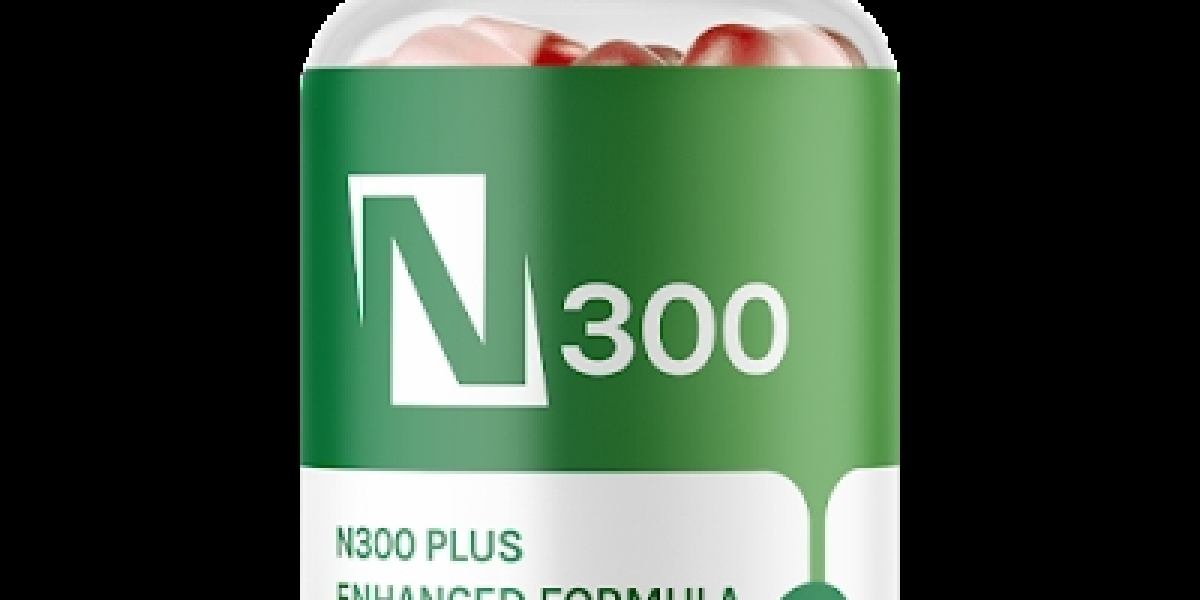Sustainable vegan leather, also known as plant-based leather or sustainable leather, is indeed making waves in the fashion industry. In an era where conscious consumerism is on the rise, ethical and eco-conscious consumers are seeking alternatives that align with their values. Traditional leather production has long been associated with environmental and ethical concerns, and sustainable vegan leather addresses these issues effectively.
The environmental toll of traditional leather production is substantial, with its heavy reliance on animal farming, resource-intensive processes, and a significant carbon footprint. In addition to the environmental concerns, ethical dilemmas surrounding leather have also gained prominence due to its connection to the slaughter of animals.
Sustainable vegan leather offers a compelling alternative. It is typically made from a variety of plant-based materials like mushroom mycelium, pineapple fibers, cork, and recycled plastics, which are not only abundant but also renewable and biodegradable. This innovative material has several appealing qualities:
Cruelty-Free: Vegan leather is produced without harming or killing animals, making it an ethical choice for those who care about animal welfare.
Eco-Friendly: It significantly reduces the environmental impact associated with traditional leather production, consuming fewer resources, generating less pollution, and contributing to a smaller carbon footprint.
Innovation and Versatility: Sustainable vegan leather can mimic the look and feel of real leather, offering a wide range of styles and textures for various fashion items, accessories, and even furniture.
Accessibility: As sustainable vegan leather becomes more mainstream, it is becoming increasingly accessible to consumers. Major fashion brands are incorporating it into their collections, making ethical fashion choices easier for a broader audience.
Notable examples of sustainable vegan leather include Piñatex, which creates a leather alternative from pineapple leaf fibers, and MycoWorks, which utilizes mycelium to craft a sustainable and biodegradable leather-like material.
This shift towards sustainable vegan leather reflects a broader trend in the fashion industry, where consumers are becoming more mindful of their choices and opting for products that align with their values. Fashion brands are reevaluating their supply chains and materials to cater to the growing demand for ethical and sustainable options.
Sustainable vegan leather is more than just a trend; it's a revolution in the fashion world. It caters to a generation of fashion-forward individuals who want to look good while feeling good about their choices. It's no longer a compromise between style and sustainability; it's a harmonious blend of both.
By choosing sustainable vegan leather, consumers not only embrace a more ethical and sustainable approach to fashion but also send a powerful message to the industry: the future of fashion is green, compassionate, and stylish. So, join the rage and let sustainable vegan leather be your fashion statement with a purpose.









